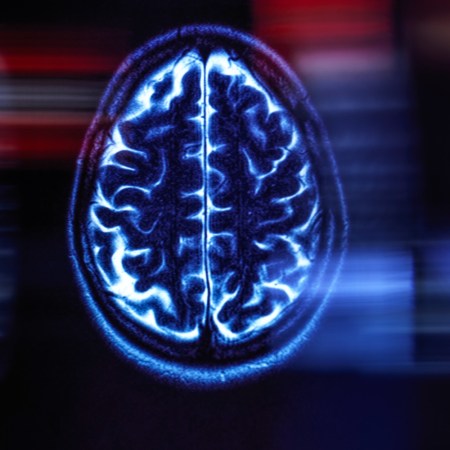Last year, Dr. Lawrence Tabak, the principal deputy director of the National Institutes of Health, shared news of a surprising medical discovery. The NIH had funded research into “the world’s second person known to have an extreme resilience to a rare genetic form of early onset Alzheimer’s disease” — and what they found could have large implications for the future of Alzheimer’s treatment.
The research sought to explain why a man with a genetic predisposition to develop Alzheimer’s disease early in life instead didn’t show signs of cognitive impairment until his 70s. The scientists dug deeper and found evidence of a gene that related to the production of the protein Reelin, something that may counterbalance the effects of Alzheimer’s disease on the brain.
It turns out the research that Dr. Tabak discussed in 2023 isn’t the only exploration of this protein. NPR’s Jon Hamilton chronicled a growing number of studies that suggest Reelin can have a protective effect on the brain when it comes to Alzheimer’s disease, as well as other diseases of aging. As Hamilton wrote, “Alzheimer’s appears to be selectively damaging the neurons that make Reelin, the protein needed to protect the brain from disease.”
Another Alzheimer’s Drug Just Passed a Crucial Milestone
An FDA advisory panel unanimously endorsed Eli Lilly’s donanemabAs Dr. Tabak wrote in his reflections on the study’s findings, this discovery “[highlights] the Reelin pathway and brain region as promising targets for future study and development of Alzheimer’s treatments.” Whether that will come in the form of a drug that can strengthen the effects or production of Reelin remains to be seen — but it’s one more piece of a much larger medical puzzle.
Whether you’re looking to get into shape, or just get out of a funk, The Charge has got you covered. Sign up for our new wellness newsletter today.



















